Bradley Manning: What we'll learn from Wikileaks trial
- Published
- comments
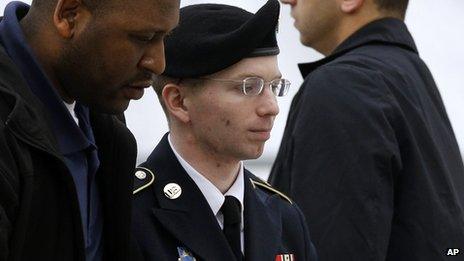
Manning denies the most serious charge of aiding the enemy
Bradley Manning said he made secret material public because he wanted to prompt a public debate on US foreign policy.
He certainly set off a firestorm of public attention, but I am not sure he got the debate he wanted. Perhaps we'll find out during the trial, when he gives evidence.
It seems sometimes as if America has decided it is tired of foreign wars, but doesn't particularly want to talk in any detail about what lessons it has learnt.
What bothered the administration was not shocking secrets about war, but the release of more mundane gossip about foreign leaders.
The publication of some very frank, and occasionally witty, diplomatic observations by US diplomats caused the state department, and Hillary Clinton herself, to abase themselves in apology to the offended ones.
This court martial is not about establishing his guilt - we know Manning broke the law. It is about the scale of the crime and what punishment he deserves.
To some he is a hero, stripping away layers of the secret state, telling us what we have a right to know. To others he is a traitor, who helped the enemy.
I suspect many in the administration regard him as an irritation, but they will want to see him punished as an example to other potential righteous nuisances.
- Published3 June 2013
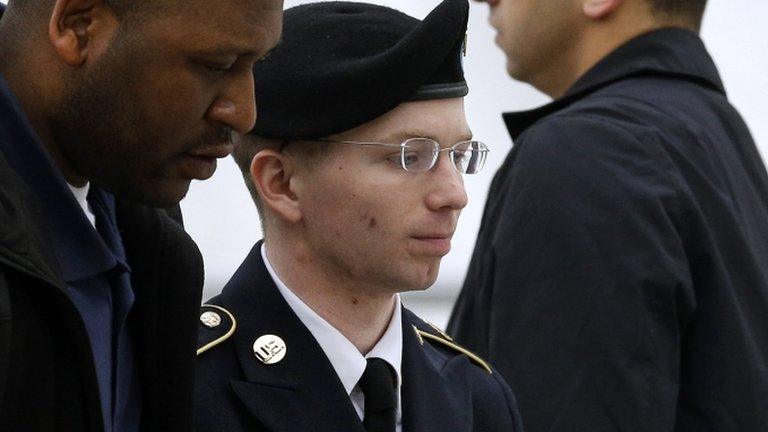
- Published28 February 2013
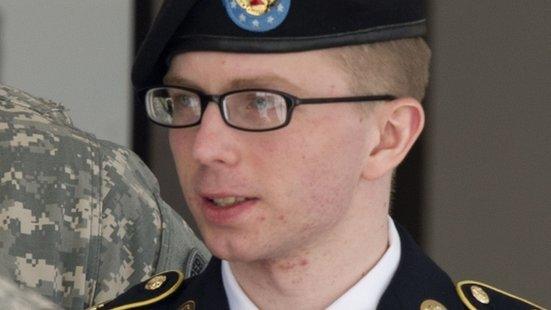
- Published3 June 2013
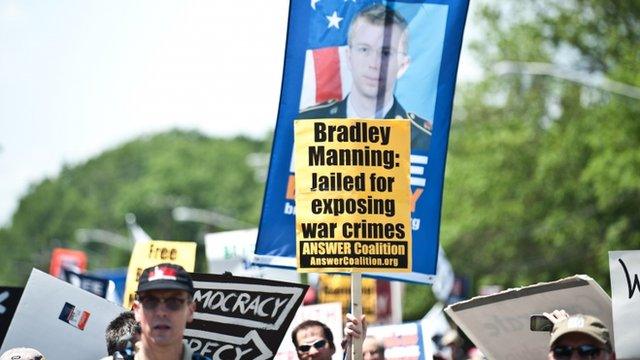
- Published9 January 2013
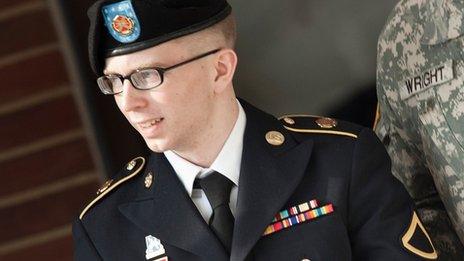
- Published16 May 2017
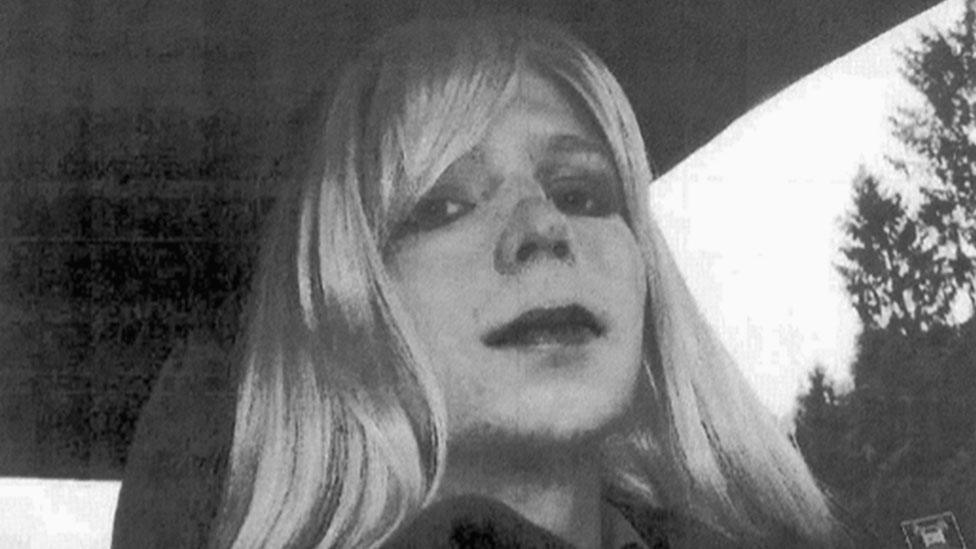
- Published7 December 2010
- Published1 December 2010